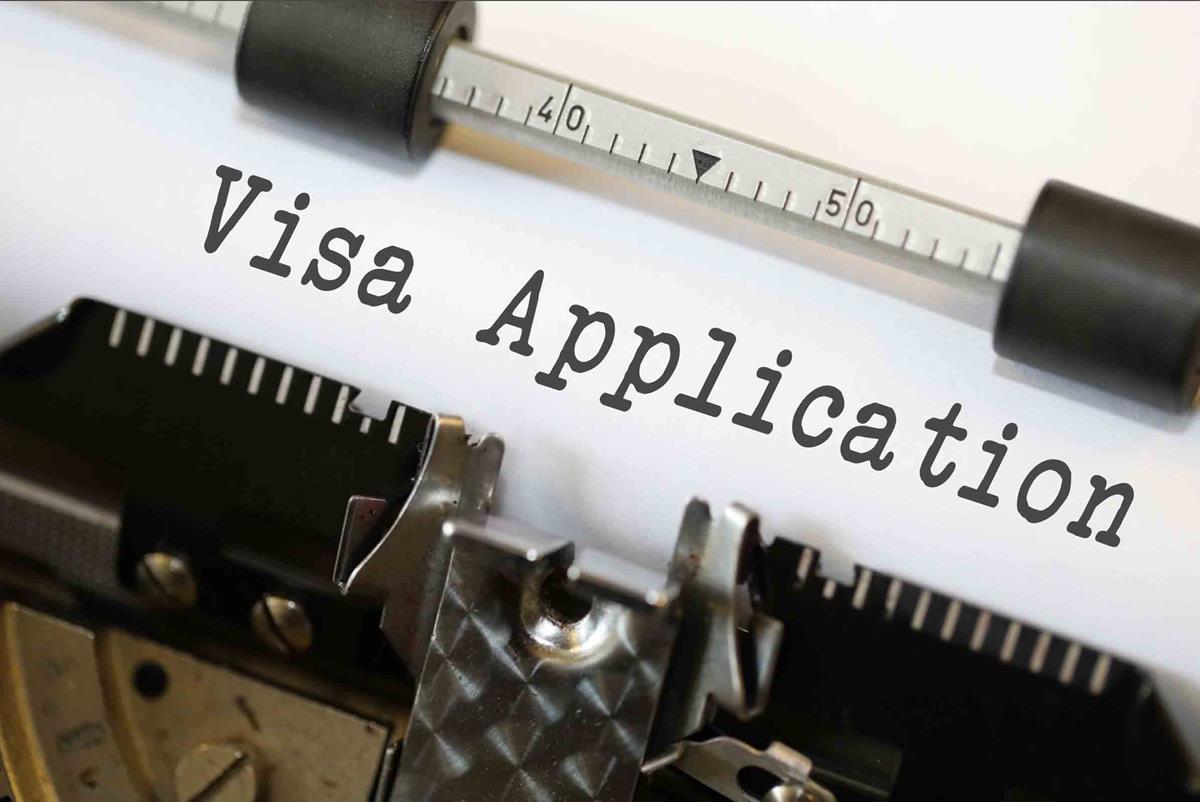Youssef Saudie
From Bangkok, Thailand to Jaipur, India. It sounds like a plan. I’m ready to book it. It isn’t a morning flight. Good price. Let’s buy these tickets! While booking flights, one backpacker at my hostel asks, “oh, where are you off to?” “India!” I reply. Coincidentally they’ve also visited India, and asked me, “do you have a Visa?” This one question changed my whole trip.
I don’t have a visa. Yes, pretty stupid. I could’ve made sure by googling it. It would’ve taken me a few minutes. But I’ve become so accustomed to not needing one for travelling. Australians have so much privilege with their passports, we can nearly go anywhere without needing a visa. How am I going to get to India now?
I sit down using the only computer at the hostel. I find the visa application online and start filling it in. Backpackers gather behind me from a window in the outdoor common area, convivial and talking amongst themselves. I sit inside, biting my fingers, figuring out the visa application. Things start to look okay. But then I start to think about how visa applications can reflect elements of a patriarchal society.
One of the questions is, ‘what is my father’s occupation?’ Well, what about my mum? Is she included? Nope. Love a bit of patriarchy in visas. The awkward thing is, I don’t have a dad. He passed away. Deceased isn’t an option. But it’s a compulsory question?
Talking with my roommate about my situation, she recommends I go to the embassy tomorrow to straighten things out. Apparently, they can fill in the application for you. This would really help because if I’m not accepted for not filling in my father’s details, then what am I going to do on this trip?
The next day I head to the embassy. It took a lot longer than expected to find. After, it turns out they don’t make applications for you. They say if I go downstairs, I will pay 1900 baht altogether for the service and application. So entirely, it is about $92 (AUD). It’s a bit of money for a backpacker. But I guess they’re sort of experts in it, so hopefully, if I paid them then I’d have higher chances?
As I scramble through my discount store wallet to add up my change. I hold onto my money in restraint when giving it to the person. They take it. It’s done. Now, it’s the 72hr waiting game.
This is a weird feeling. It’s like I’m in limbo. I might get it, I might not, but there’s still hope. At least I have a time frame of me knowing the result of my Visa. And I will always have backup places to visit. But some people don’t have that. According to the UNHCR, there are over 70.8 million forcibly displaced people. This includes, refugees, asylum seekers and internally displaced people. They’re in a limbo, but sometimes they don’t have a time frame like me. They just need to stay hopeful. Sometimes, they don’t have backups, apart from their home countries. But they are forcibly displaced, they are finding a safe place because sadly their home country is not anymore. The worst-case scenario for me is to not visit India. The worst-case for a displaced person is something I don’t even want to conceive.
As the days go by, I’m in a whole new town, Kanchanaburi, Thailand. I’m on the bus to Erawan park to see the waterfalls. It’s a two-hour ride, and I’m sitting with a friend I made in my hostel. While we still have reception, I decide to check my emails to see if I received a response from my visa. Opening it up, it says ‘VISA ACCEPTED’, one of the most exciting moments of the trip so far. I’m going to India! Should be alright from here on…
After finally having my flight sorted and security done, I’m ready to board and get to India. Sleeping the whole trip I touch down in Jaipur, India unnoticeably. Am I ready? Walking through the gates, I get to immigration. As people line up, I notice my phone is dead. Whoops. I find the nearest powerpoint and sit on the immigration grounds for a good 10 mins while security watches me. As my phone is charged, I head to the counter. I show them my visa, and they repeatedly ask me ‘where are you from?’ I continue saying ‘Australia’, as shown on my passport and visa. Though they are hesitant because I guess I’m not white? They then bring up my father, I just say “he’s deceased”. They find out it’s true. They let me in, my journey in India begins.


